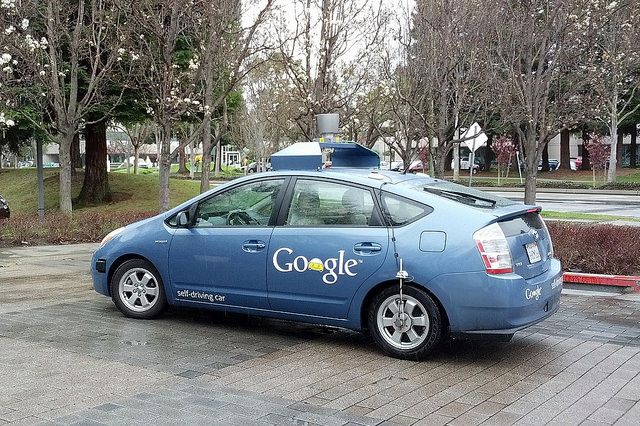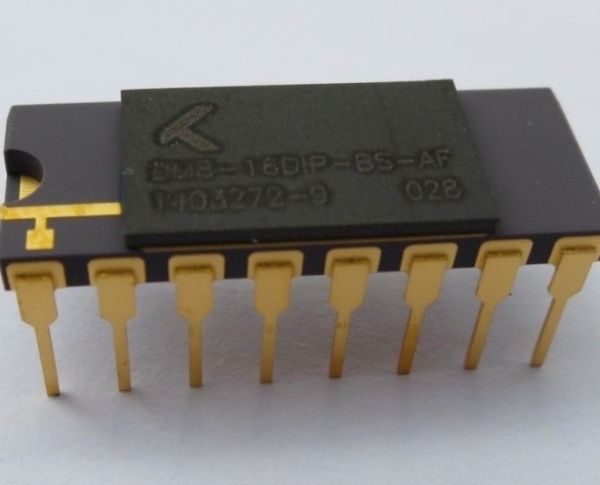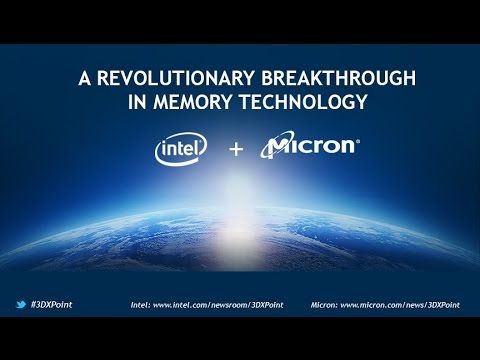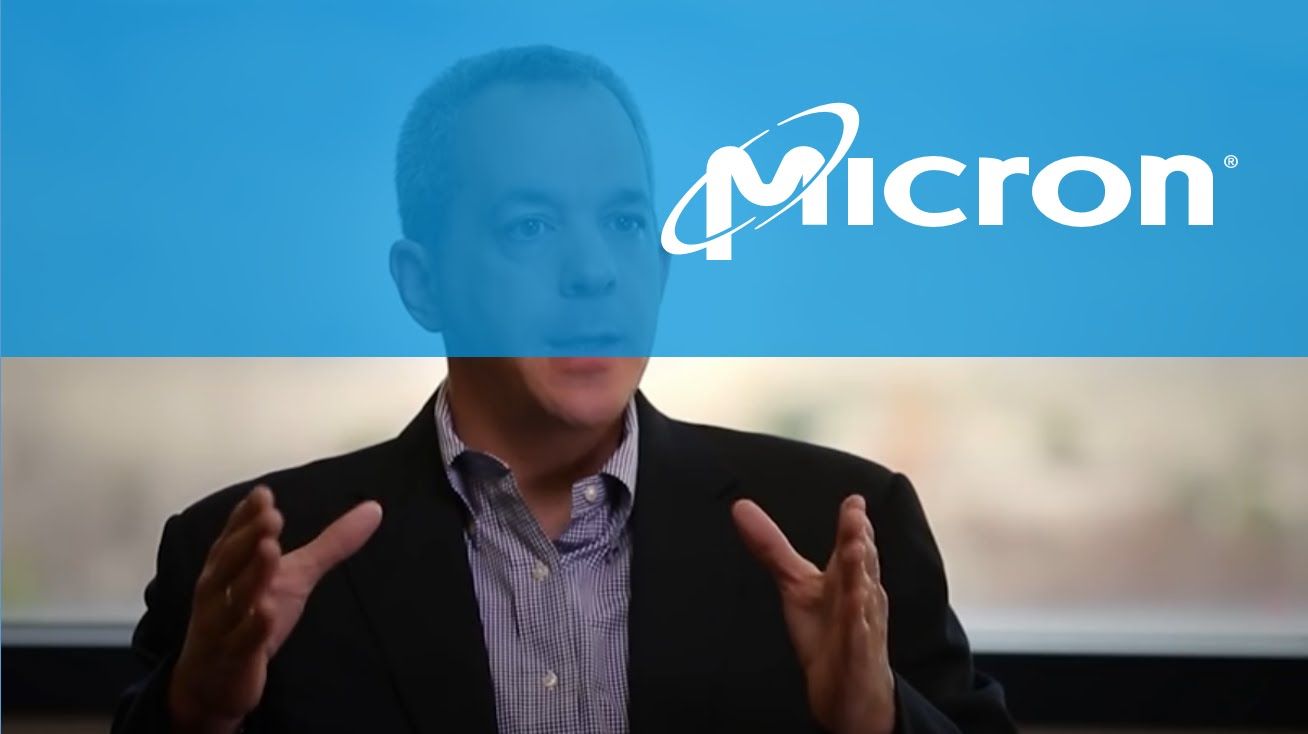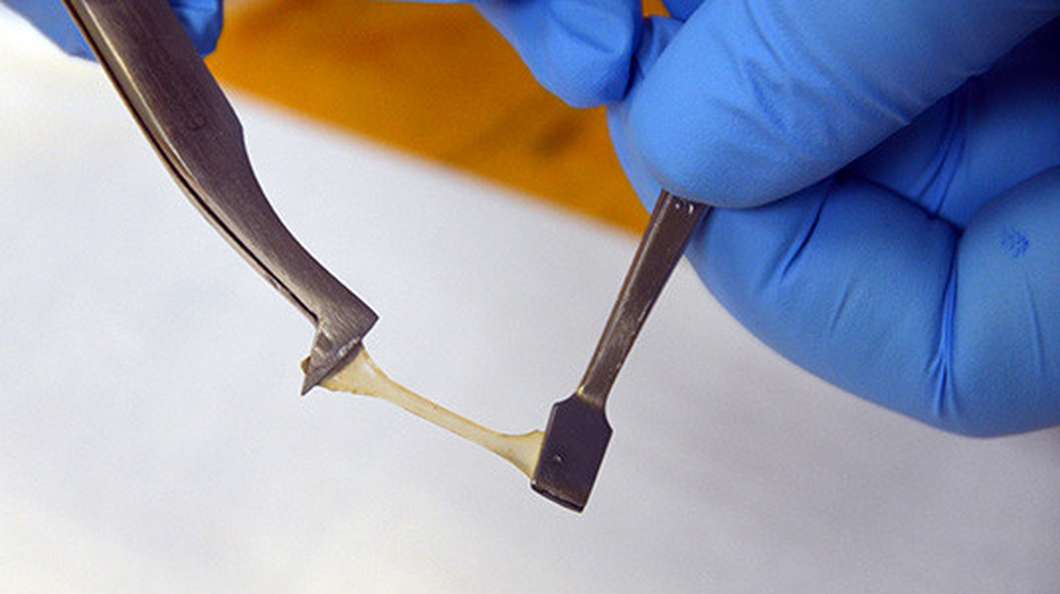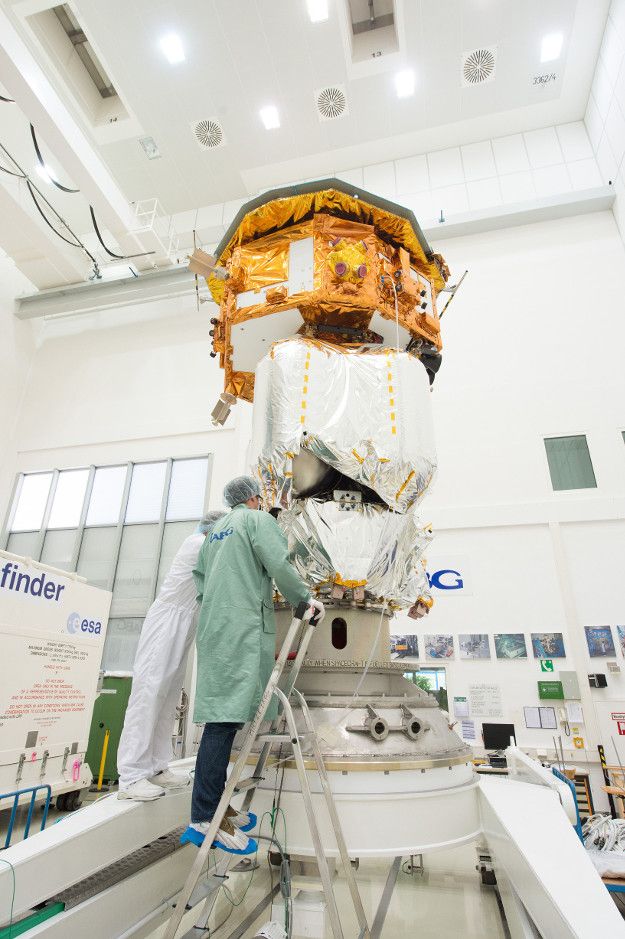Sep 3, 2015
Will Your Car Obey You or the Police?
Posted by Bryan Gatton in categories: energy, transportation
A few lines in a seemingly routine RAND Corp. report on the future of technology and law enforcement last week raised a provocative question: Should police have the power to take control of a self-driving car?
Human drivers are required to pull over when a police officer gestures for them to do so. It’s reasonable to expect that self-driving cars would do the same. To look at it another way: Self-driving cars are programmed to stop at red lights and stop signs. Surely they should also be programmed to stop when a police officer flags them down. It is, after all, the law.
It’s clear, then, that police officers should have some power over the movements of self-driving cars. What’s less clear is where to draw the line. If a police officer can command a self-driving car to pull over for his own safety and that of others on the road, can he do the same if he suspects the passenger of a crime? And what if the passenger doesn’t want the car to stop—can she override the command, or does the police officer have ultimate control? – Slate, Aug. 24, 2015
